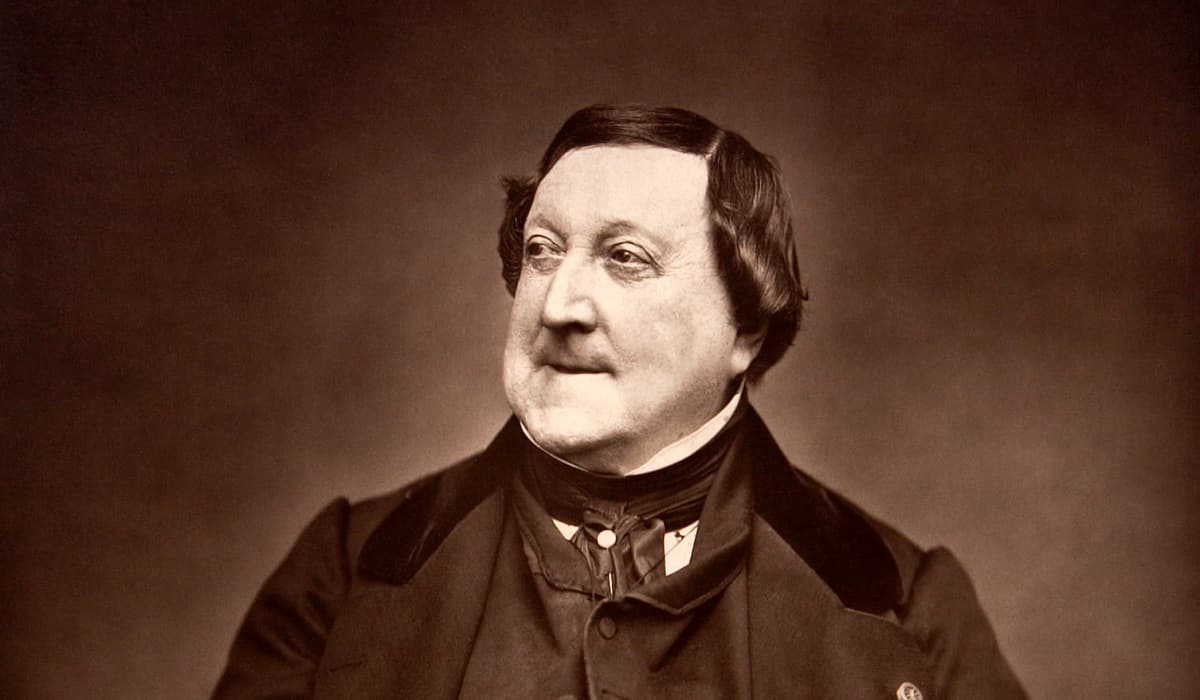Gioachino Rossini, born on February 29, 1792, in Pesaro, Italy, is celebrated as one of the most influential and prolific composers of the 19th century. His music, characterized by its vibrant melodies, rhythmic vitality, and dramatic flair, has left an indelible mark on the world of opera.
Rossini showed early musical promise, receiving his first music lessons from his father, a horn player and town trumpeter. By the age of 12, he had already composed several small-scale operas. Recognizing his talent, his parents sent him to study at the prestigious Liceo Musicale in Bologna, where he honed his skills in composition and counterpoint.
At just 18, Rossini composed his first opera seria, “Demetrio e Polibio,” followed by several more successful works in the same genre. However, it was his comedic operas that would secure his place in musical history. In 1816, Rossini’s “The Barber of Seville” premiered to instant acclaim, becoming an enduring favorite of opera audiences worldwide. Its lively melodies, sparkling wit, and memorable characters have ensured its place as one of the most beloved operas of all time.
Throughout his career, Rossini continued to produce a remarkable number of operas, including “La Cenerentola” (Cinderella), “Semiramide,” and “William Tell.” His gift for melody and his ability to capture the essence of a character through music revolutionized the operatic form, influencing composers for generations to come.
Despite his immense success, Rossini retired from opera composition at the age of 37, citing a desire for a quieter life and a shift in musical tastes. He spent his later years traveling across Europe, enjoying the company of intellectuals and artists, and indulging in his love for good food and wine.
Gioachino Rossini passed away on November 13, 1868, leaving behind a legacy of music that continues to enchant and inspire audiences worldwide. His operas remain staples of the repertoire, cherished for their beauty, humor, and timeless appeal. Today, Rossini is remembered not only as a master of opera but also as a true genius of melody and expression.


Comments are closed